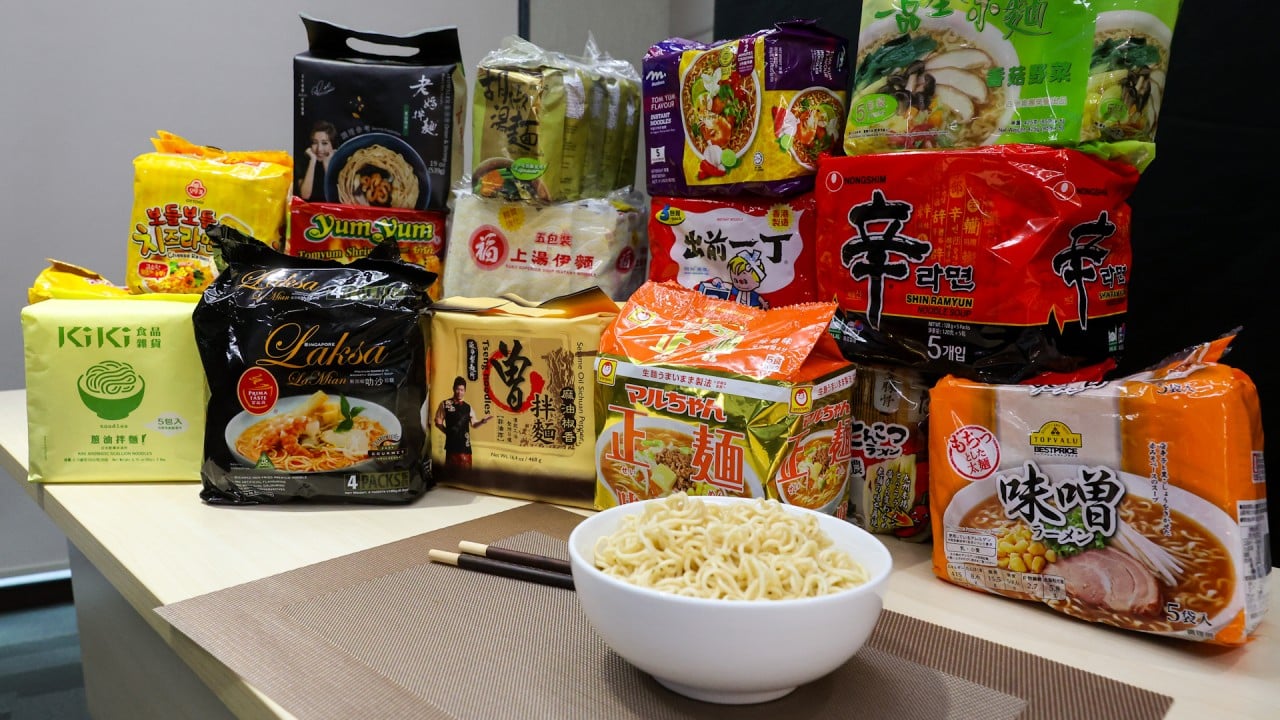“Through this partnership, surgeons, oncologists, and other allied health specialists will create a nationwide multidisciplinary cancer network,” New Frontier said.
The group’s major goal was to establish “a mutually complementary cancer treatment landscape” in the bay area to benefit more cancer patients, said Leung at a press event announcing the deal. In doing so, both Hong Kong and mainland China’s advantages could be leveraged to great effect.
Hong Kong, as a healthcare innovation hub, has easier access to cutting-edge drugs, international medical talent and innovative treatment solutions, while mainland China’s government-led centralised drug procurement has price advantages, Leung explained.
Doctors from Hong Kong could practice in mainland China, while patients on the mainland could access Hong Kong’s medical resources, he said.
Leung served as financial secretary of Hong Kong from May 29, 2001, until his resignation in July 2003.
As well as chairing New Frontier, he now serves as the group chairman and chief executive of Nan Fung Group, a private conglomerate, and chairman of charity organisations Heifer International Hong Kong and Food Angel.
Cancer is highly prevalent in both mainland China and Hong Kong, especially given the rapidly ageing populations, said Leung.
Carl Wu, CEO and co-founder of New Frontier Group, said that in China the annual number of new cancer cases has surpassed 5 million in less than 20 years.
He projected that this figure could approach 10 million within the next decade – about triple the number of new cancer cases in the United States.
The number of cancer diagnoses in the bay area has more than doubled over the past decade, Wu said at the media event.
The trend of Hong Kong residents seeking medical treatment in mainland China has been on the rise, he observed.
The rapid growth of the patient population led to a large demand for cancer treatment, and oncology care has been one of the key growth pillars within New Frontier’s strategic road map, said Wu.
Three years ago, the company’s oncology business revenue in China and Hong Kong was less than 100 million yuan (US$13.8 million). Today the revenue of UFH, Heal Oncology, and HKIOC add up to 600 million yuan, excluding that derived from oncology surgery, he said.
With the cross-border cancer treatment ecosystem offering a wider range of medical options, patients in the bay area could decide where to seek medical treatment based on their needs and financial situation, said Ronnie Poon Tung-ping, co-founder of HKIOC, at Thursday’s press conference.


